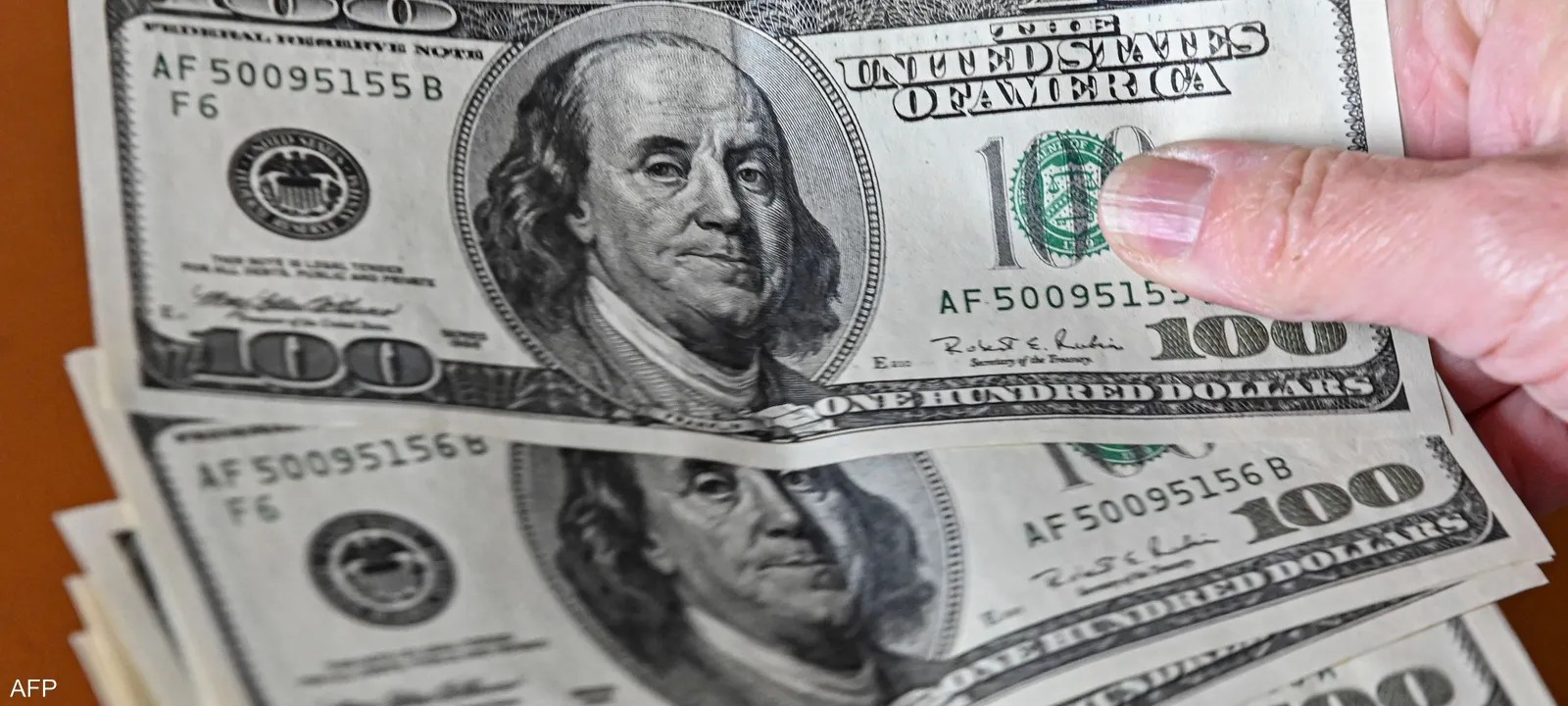The US dollar failed to sustain its recovery on Thursday amid awaited a key US inflation reading, while the New Zealand dollar posted strong gains following an upbeat survey of business outlook.
Friday's release of core personal consumption expenditures (PCE) price index data, the Federal Reserve's preferred gauge of inflation, remained a key driver in a week lacking in major data, keeping currency moves mostly rangebound.
However, the New Zealand dollar performed remarkably well in the Asian session, rising to an eight-month high of $0.6295, after a survey released today showed that business confidence in New Zealand jumped in August to its highest level in a decade. It was last up 0.73 percent at $0.6291.
Business confidence has risen sharply following the Reserve Bank's shift in monetary policy, Michael Gordon, an economist at Westpac in New Zealand, told Reuters.
The Reserve Bank of New Zealand earlier this month announced its first interest rate cut in more than four years and signaled that more cuts could follow.
In the broader market, the dollar struggled to hold onto gains after rising 0.48 percent in the previous session, which analysts attributed in part to end-of-month demand.
The euro eased slightly to a 13-month high, last trading at $1.1135. Sterling rose 0.14 percent to $1.3209, not far from Tuesday’s $1.3269, its highest since March 2022.
The Australian dollar hovered near an eight-month high, up 0.27 percent at $0.6803.
Markets fully expect the US Federal Reserve to cut interest rates by 25 basis points, with a 34.5 percent chance of a larger 50 basis point cut, according to the CME FedWatch tool.
The prospect of a US interest rate cut next month has undermined the performance of the dollar, which has been supported for most of the past two years by the sharp monetary tightening cycle pursued by the central bank and expectations regarding the size of the potential interest rate hike.
Since the expectations increased, the dollar has fallen about 2.9 percent this month and is on track to record its biggest monthly decline in nine months.
The dollar index fell 0.07 percent to 100.94, after falling to a 13-month low of 100.51 on Tuesday.
The yen was little changed at 144.67 per dollar, on track to gain 3.7 percent on the month.







































